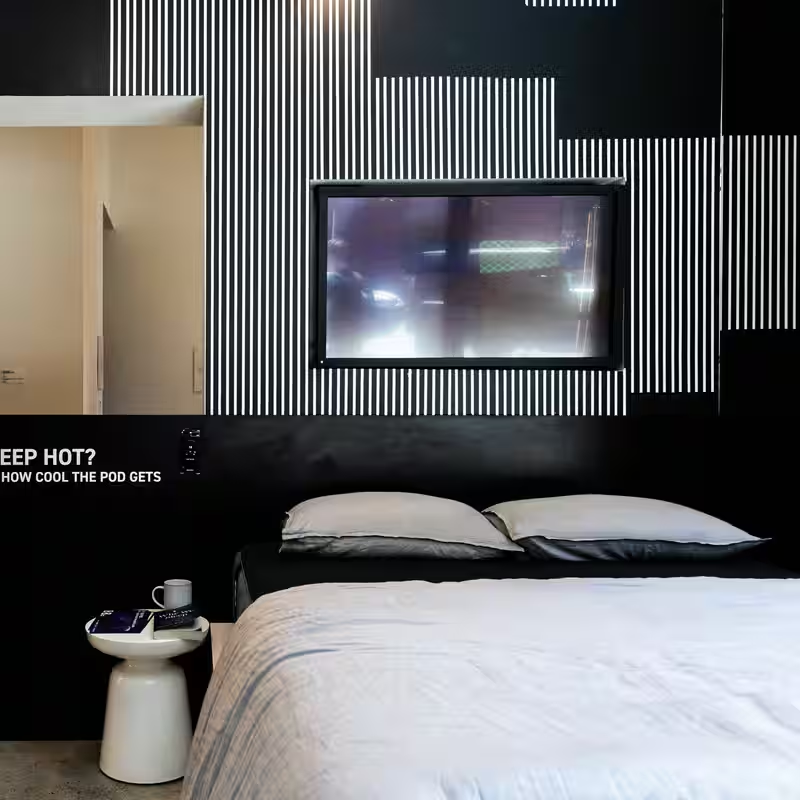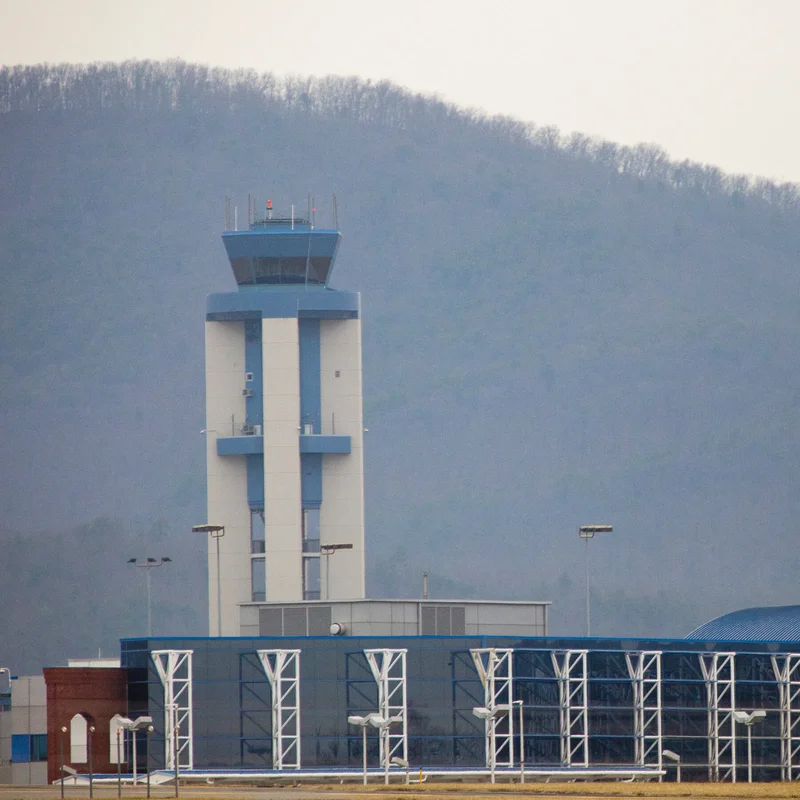Table of Contents
- AWS Outage Disrupts Smart Homes
- Eight Sleep Customers Feel the Impact
- How Cloud Dependence Affects Daily Life
- Broader Implications for IoT Devices
- What Users Can Do
- Sources
AWS Outage Disrupts Smart Homes
When Amazon Web Services (AWS) suffered a major cloud-computing outage earlier this week, the ripple effects went far beyond delayed emails or frozen streaming services. For some, the disruption hit where it hurt most: their beds.
On Tuesday, October 21, 2025, a widespread AWS failure—centered in its U.S.-East (Northern Virginia) region—knocked offline thousands of internet-dependent services. Among the most unexpectedly affected were owners of smart mattresses from Eight Sleep, a company that relies heavily on AWS to power its sleep-tracking and temperature-regulating features.
For users who depend on their smart beds to manage chronic pain, regulate body temperature, or simply fall asleep faster, the outage wasn’t just an inconvenience—it was a night without rest.
Eight Sleep Customers Feel the Impact
Eight Sleep’s Pod mattresses use embedded sensors and cloud-based algorithms to adjust bed temperature in real time, track sleep cycles, and deliver personalized sleep insights via a mobile app. But when AWS went down, so did the connection between the mattress and the cloud.
“My bed just froze at 72 degrees,” said Lena Cho, a 34-year-old graphic designer from Portland. “I usually sleep at 66. I tossed and turned all night. It felt like camping—in my own bedroom.”
Other users reported that their beds reverted to default settings or became completely unresponsive. The company’s app displayed error messages, and customer support lines were overwhelmed.
Eight Sleep later confirmed on social media that the issue stemmed from the AWS outage and assured customers that no personal health data was lost. Still, the incident highlighted a growing vulnerability in the smart home ecosystem.
How Cloud Dependence Affects Daily Life
The Eight Sleep episode is a stark reminder of how deeply modern life is tethered to remote servers. From thermostats to refrigerators, many “smart” devices don’t function independently—they rely on constant communication with cloud infrastructure.
While cloud computing offers convenience and powerful analytics, it introduces a single point of failure. As one cybersecurity expert put it: “Your bed shouldn’t need Wi-Fi to keep you warm.”
Industry analysts note that even basic functions—like adjusting mattress firmness or temperature—could be handled locally with edge computing. But most manufacturers prioritize sleek apps and data collection over offline resilience.
Broader Implications for IoT Devices
The AWS outage didn’t just affect Eight Sleep. Other internet-of-things (IoT) products—from smart locks to medical alert systems—also went dark. In some cases, people were temporarily locked out of their homes or unable to monitor elderly relatives.
This raises urgent questions about design ethics and consumer safety. Should critical home functions be dependent on third-party cloud providers? Regulators in the EU and California are already exploring mandatory offline modes for essential smart devices.
“We’re building a world where convenience trumps reliability,” said Dr. Marcus Lin, a human-computer interaction researcher at MIT. “When the cloud stumbles, real people suffer real consequences—even in their sleep.”
What Users Can Do
If you own a cloud-dependent smart mattress or other IoT device, experts recommend:
- Check if your device has a “local mode” or manual override
- Keep firmware updated to access the latest fail-safes
- Consider hybrid devices that store data on-device
- Have a backup plan—like a traditional blanket—for outages
For now, Eight Sleep says it’s exploring ways to add limited offline functionality in future firmware updates. Until then, users may want to keep an old-school comforter nearby—just in case the cloud takes a nap.
Sources
The New York Times: “AWS Cloud-Computing Outage Left Smart Bed Customers Without Sleep”




